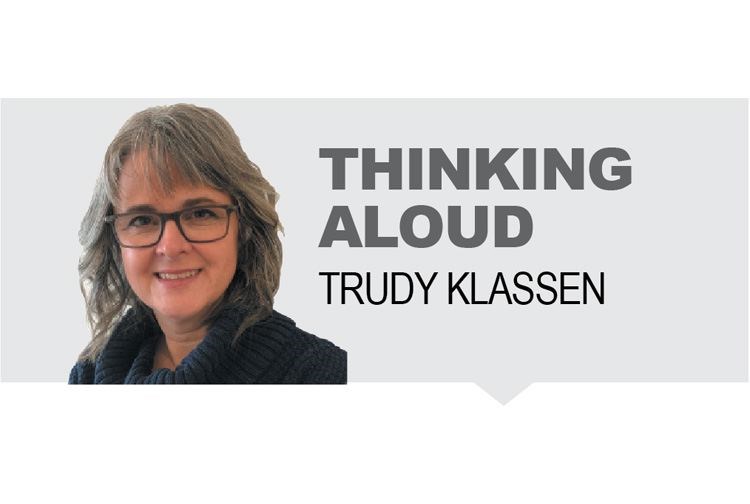Poor Elizabeth May.
To have one of your movement’s famous supporters turn on you and (gasp!) produce a movie about the fallacies of your movement has got to hurt. Her Twitter outrage over Micheal Moore’s newest movie was something to behold. She demanded that the movie be removed from YouTube, only a short week or so before she issued a tweet in support of Freedom of the Press Day.
I don’t think she noticed the irony.
Micheal Moore’s Planet of the Humans was released April 21 on YouTube and has about 7.5 million views. He turns our attention to the weaknesses of the Green movement and renewable energy in this documentary. He shreds the idea that renewables are the answer to addressing climate change. He does this by exposing the amount of oil and gas required not only for the production of renewable energy machines, but also their downright inefficiency and inability to actually produce energy at anything close to the cost of petroleum sources, or with less damage to the environment. Those of us connected to the oil and gas industry and interested in the possibility of switching to renewables have long known about this problem.
Moore’s belief, the one all modern progressives eventually arrive at, is basically “humans bad, nature good,” as if they are somehow incompatible. Well, maybe that’s not quite fair. He blames humanity's ever-increasing appetite for energy. He doesn’t offer a solution, (except to encourage consuming less energy,) which is fine for me, as I don’t believe people have to offer solutions when calling out problems.
I am not a fan of Moore’s style but he does have the willingness to call out sacred cows. For that, I admire him. His movie Fahrenheit 9/11, released in 2004, questioned the Bush Administration’s narrative on the Iraq war. He criticized the corporate media for its sloppy coverage of the war.
Even though I disagreed with his premise that the war was not ethical, it was good for me to have my beliefs challenged. I could disagree with his filming tactics and some of his conclusions, but the challenge to my thinking made me a bit less certain about my own beliefs. As time has passed, his critique has proven at least partially true. Has the war in Iraq made a difference to world stability? It likely has but few would say it has been a resounding success.
Moore has produced many other films, most critiques of some kind or other. It may be that he makes these kind of documentaries simply for his pocketbook, which would be sad, but I still appreciate his contribution to public debate. Too few in the public eye are willing to do that. Perhaps that is because there is a high price to pay, since we have become so afraid of public discourse about meaningful things that we attack people rather than ideas as soon as we disagree or we are offended when someone attacks us personally. According to a recent immigrant, this is a problem particularly affecting Canadians.
This unwillingness to be challenged is a weakness in us. Only the painful practice of being challenged and having to defend our ideas, and listening to the ideas of others, will improve our public discourse and general knowledge. We will all be better for it.
On the grand scale, the survival of our democracy depends on it.



